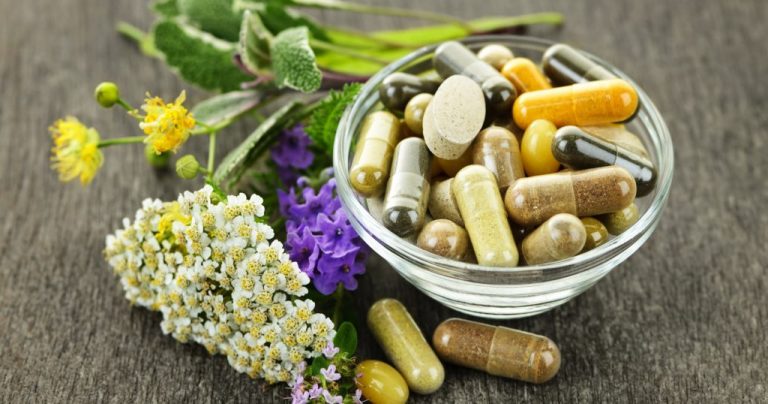Chinese need food
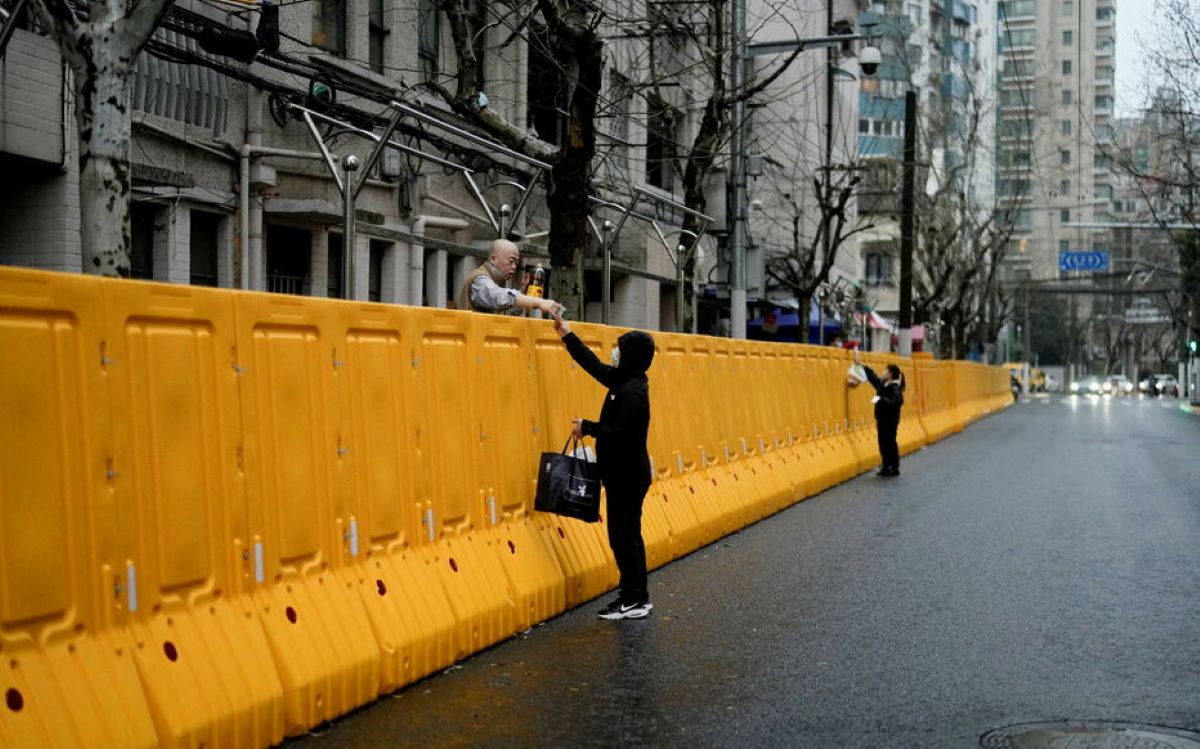
Shanghai, China’s largest city, has been under siege for weeks to contain an outbreak of the coronavirus. Shanghai’s 25 million residents have been stranded in their homes, unable to get food or medical care for their sick relatives. Others are being held in temporary hospitals and makeshift quarantine centers, not knowing when they will be allowed to leave.
25 million people are confined due to strict measures.
Much of China’s largest city, Shanghai, has been placed under strict confinement due to a daily workload of more than 2,000 cases. Mainland China’s largest financial center is still under intense pressure to stop the outbreak. This is the largest since the launch of COVID-19 in December 2019. The unprecedented increase in demand has led to widespread frustration among Shanghai’s 26 million residents who cannot access their daily needs, including medical supplies.
Cost-Effective Agency
KPI and Results focused. We are the most visible Marketing Agency for China. Not because of huge spending but because of our SMART Strategies. Let us help you with: E-Commerce, Search Engine Optimization, Advertising, Weibo, WeChat, WeChat Store & PR.
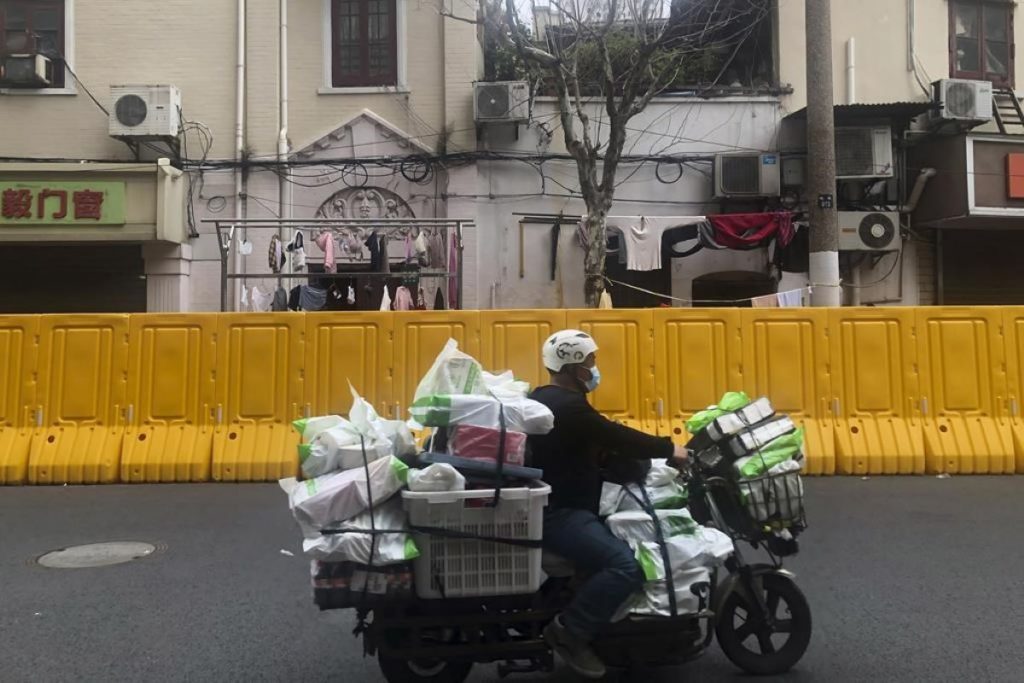
The horrors did not end there. Food insecurity and rising food prices are two of the most pressing issues facing China’s richest city. Social media went viral, with many videos showing the “struggle” and frustration of people forced to adhere to quarantine and containment. Twitter was flooded with videos. One of the most popular videos, from 8 April, showed people shouting for help through windows after being prevented from leaving their homes.
China: Shanghai is facing a food shortage as the Jinping government imposes the world’s most brutal lockdown.
Social networks have seen a number of images and videos that make it clear that people are frustrated by the recent restriction measures. As a result of the most brutal measures in the world, people have been forced to take to the streets. This has led to massive civil rights protests and demands for basic necessities such as food, water, freedom, and justice.
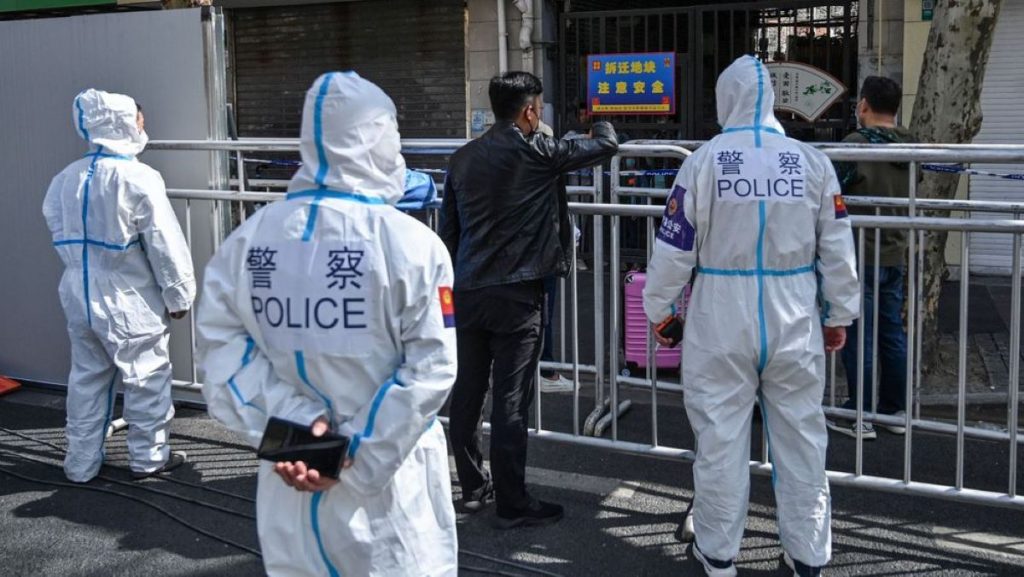
Millions of people were left without food as the Shanghai government failed to anticipate the wave. Neighbors are trading food with each other. Even the city’s elite has been reduced to digging up bamboo shoots from the gardens of luxury flats for dinner.
Republic TV had access to a video that shows the disturbing situation in Shanghai. People are unable to get food delivery slots and live in great uncertainty. The chaotic lockdown has also prompted thousands of demonstrators to take to the streets to protest against China’s controversial “zero COVID” strategy. A massive crowd of hungry rioters looted and ransacked a supermarket on Friday as the lockdown was extended for the third week.
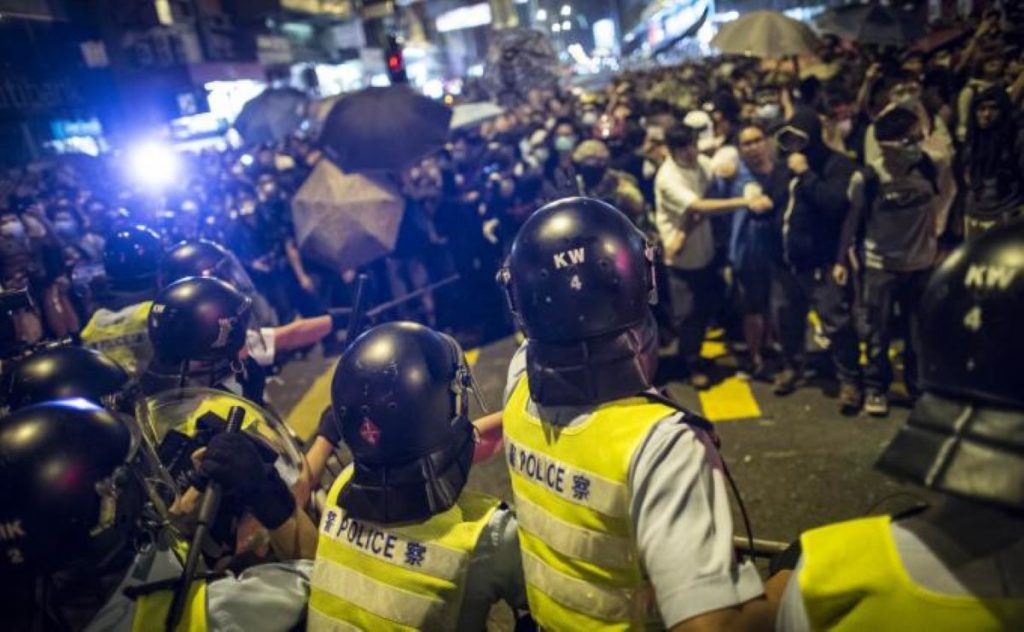
People were furious when rations promised by the government failed to reach the millions locked in their homes. Chinese construction workers were ordered to turn the Shanghai convention center into a vast isolation zone with 50,000 beds. China’s financial capital has warned that anyone caught breaking the COVID-19 containment rules will be charged as soon as the protests begin.
China needs its own seeds to ensure the country’s food bowl
Xi Jinping, the Chinese president, has said that China needs to be self-sufficient in seed production to ensure its food security. This was reported by state media on Monday. The report reiterated growing concerns about China’s dependence on imported food. Xi made the remarks during a visit to the Yazhou Bay seed laboratory on the southern island of Hainan. The lab is a key breeding ground for the seed industry.
Xi said, “Only by holding Chinese seeds firmly in our hands can we stabilise China’s food bowl and ensure food security.” According to the report, seed sources should be independent and manageable and should have their own technology.
China has increased its focus on food security since the COVID-19 pandemic, which began in 2020 and disrupted global supply chains, threatened major grain imports into the country in early 2020. Last month, Xi told the annual meeting of parliament: “China should not depend on the international market for its food”, as further unrest emerged following Russia’s invasion and occupation of Ukraine, a major grain exporter.
China produces the majority of crop seeds domestically due to quarantine requirements on imports and production costs. However, some vegetables such as spinach, cauliflower, and carrots are grown largely with foreign seeds, according to a state media report last year.


